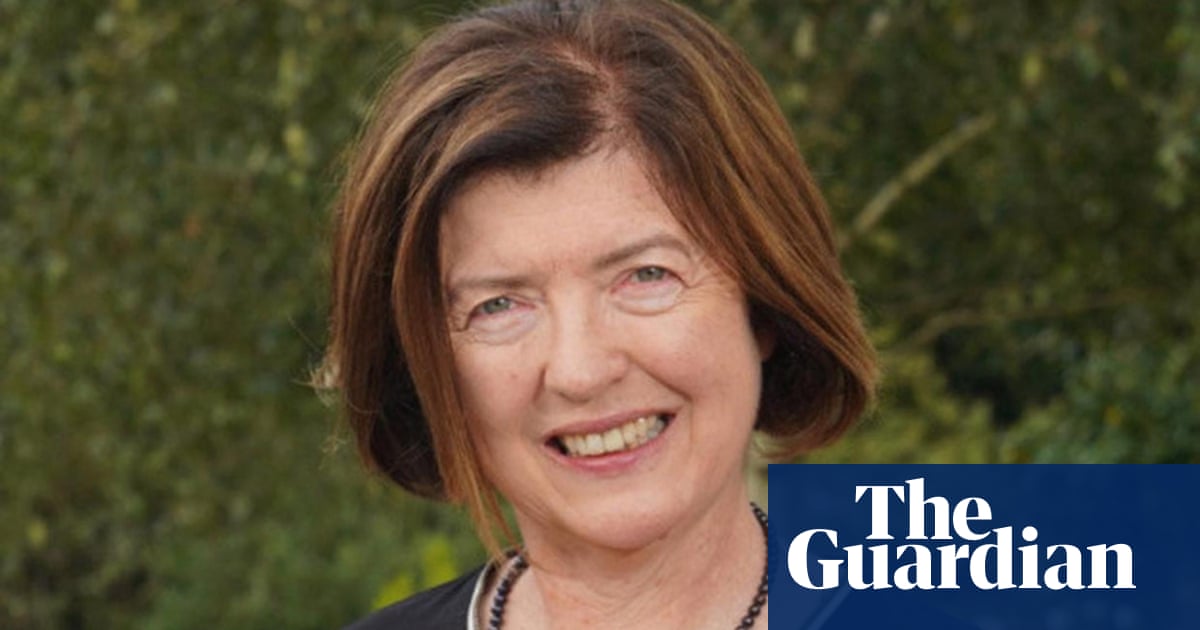
okeness” is such a key concept in politics at the moment, decried by everyone from Laurence Fox to Tony Blair, that it’s a considerable act of public service when someone writes down what it actually means.
Step forward the Campaign for Common Sense, which commissioned a poll that ran in the Mail on Sunday last weekend and featured a checklist of the woke agenda: taking down historical statues; renaming breastfeeding “chest-feeding”; men being allowed to redefine themselves as women in order to use women-only facilities; children accessing puberty blockers; institutional racism in Britain (believing it exists); shorter prison sentences; negative attitudes to the royal family; environmentalists being allowed to cause damage and/or disruption.
Your average transgender woman could be forgiven for wondering what exactly she did so wrong that she’s now seemingly held responsible for such a significant proportion of all political ills, from intractable social division to the nosedive decline of the Labour party. Your average royalist, meanwhile, should have a long, hard look in the mirror: card-carrying members of wokedom don’t really care about the royals, while the people who do follow all the news about the Windsors inevitably think badly of some of them.
Yet there’s no point splitting hairs. Everyone, from the Westminster bubble to the audience of Question Time, has a very good handle on that fundamental binary – anti-woke versus woke – which boils down to what counts as real and what as fake in contemporary discourse. Real people care that there’s too much immigration, while fake people care about conditions in the Yarl’s Wood immigration detention centre. “Authentic” Britons – the kind that Peter Mandelson meets on doorsteps or commentators overhear in Darlington Post Office queues – care about crime and punishment, inauthentic ones care about rehabilitation. Real people care about patriotism and national pride; fake people care about the climate crisis and foreign wars.
The signals are often very loud but extremely subtle. For instance, the real crime that real people care about is knife crime, in spite of the fact that 2019 figures show that 79% of violent assault in England and Wales involves no weapons at all, and only 6% features a knife or anything else that’s sharp. Sorry, I’m doing that thing again that fake people do, using facts to counter emotions. But what is the emotional underpinning of the focus on knives? Is it to associate crime with a particular race, or gangs, or youth, or the urban environment? It is impossible to say, because nobody will spell it out. Real people don’t need to say out loud what’s so bad about knives, because they already understand instinctively – indeed, those instincts are part of their authenticity.
There is very little internal consistency in the real/fake architecture, yet the structure still stands. Nobody would ever call antisemitism a trumped-up concern of the woke, yet that is how Islamophobia and other forms of racism are routinely portrayed. Many of the underlying assumptions are inherently absurd: if LGBTQ rights are the preserve of the woke, does that mean real people aren’t gay? Or that real gay people don’t care about the question of their rights?
Where there is a logic, it is often circular: how do you know the climate crisis is an elite issue? Because the elites are talking about it. But how do you know they’re elites? Because they’re busying themselves with the climate crisis. Real people don’t have time for environmentalism, and certainly don’t have time for environmentalists disrupting the traffic.
What’s been so successful about this frame is not that it has particularly galvanised or motivated the “authentic” voter. Many of the issues, if not all of them, are confected or distorted, none of them really connect to the drivers that determine quality of life (which are, in no particular order, wages, housing, public services and social care). Even if we were to accept that cultural recognition is more important than economic redistribution – and, by the way, we’d be mad to – it’s hard to imagine the defence of the word “breastfeeding” doing much to reconnect people to politics, or make them feel heard and represented.
Yet it has had staggering success – in silencing the opposition, through a series of syllogisms. Labour has lost its English “heartlands”, and its heartlands are now anti-woke; racism and environmentalism are woke concerns, therefore, Labour must not talk about race and climate.
Since “wokeness” is defined by its opponents, a potentially limitless number of issues can be bolted on to it; it would be no surprise at all to find that workplace rights were suddenly “fake”, because real people just wanted to get their heads down and do their jobs. Social conservatism, a loose and elastic concept, can simply roam about, choosing fresh things to dislike. Yesterday it was trans people; today it’s footballers showing solidarity with Palestine; tomorrow it’ll be Michel Barnier. If, per the current consensus, Labour cannot win back its heartlands without wooing the socially conservative, it must observe an acceleratingly nonsensical set of taboos. The Conservatives, meanwhile, have considerable freedom and agility on this terrain, since they mapped it.
It’s clever, but it’s not that clever: it only works if progressive voices accept the proposition, and voluntarily silence themselves. Since the local elections in England, senior figures in Labour have started to lose patience with what Angela Rayner has called “magnolia politics”, the stifling creed of never saying who you are for fear of giving offence. The shadow chancellor, Rachel Reeves, is sick of pretending that Brexit was a good idea. If the party as a whole were to give a frank account of what it believes, that would inevitably be too woke for some – but at least we’d all know it’s awake.












